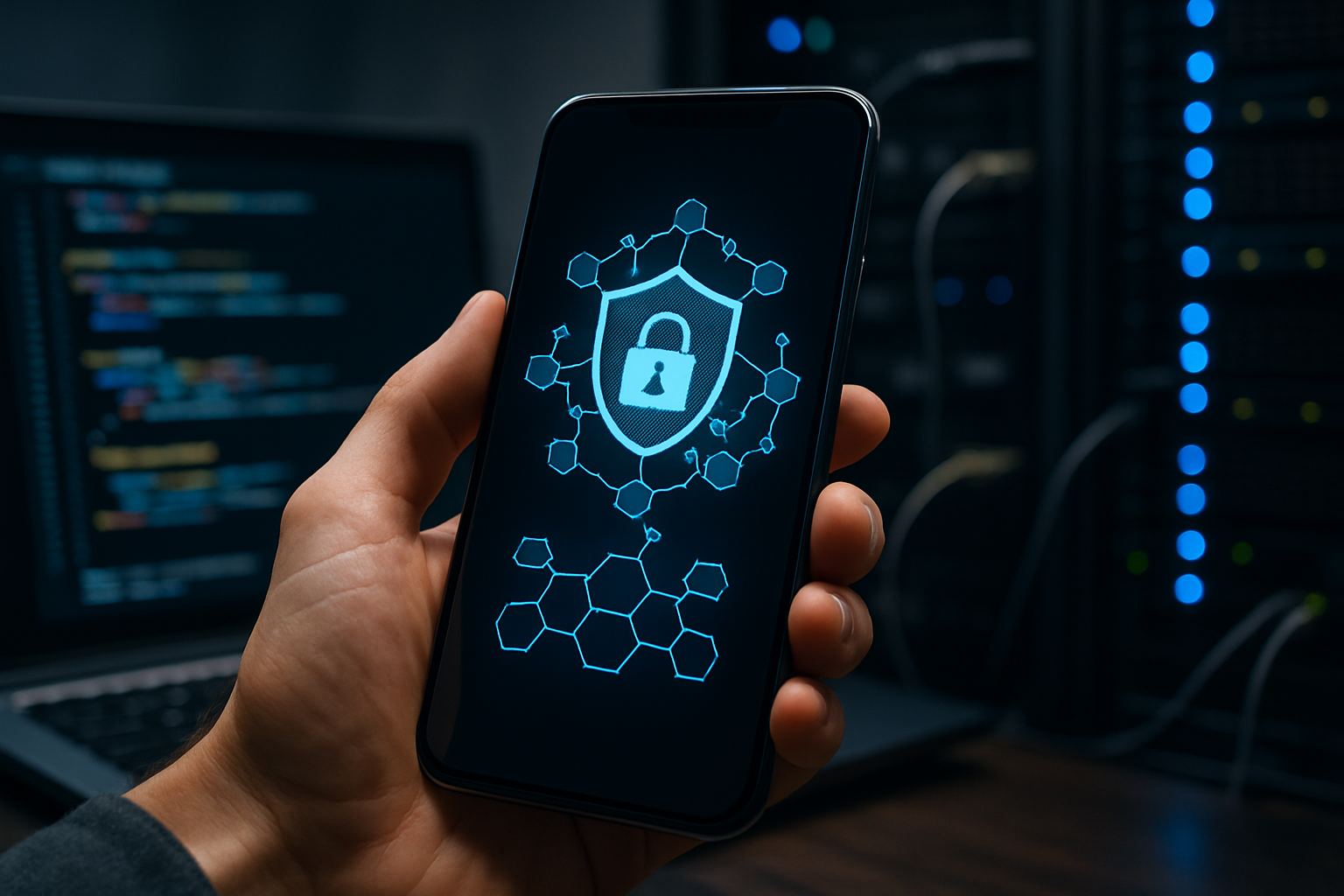Why Millions Are Switching to This Affordable VPN to Protect Their Online Privacy
In a world where your data is constantly at risk, privacy is no longer optional. Whether you're shopping online, using public Wi-Fi, or accessing streaming services abroad — your digital footprint can be exposed to third parties without your knowledge. That’s why many users across the US, UK, and Europe are turning to affordable, high-performance VPN services to take control of their privacy.

What Is a VPN and Why Should You Care?
A Virtual Private Network (VPN) creates a secure, encrypted tunnel between your device and the internet. When you connect to a VPN server, your internet traffic is routed through this encrypted connection, hiding your real IP address and making your online activities virtually invisible to hackers, government surveillance, and even your internet service provider.
The importance of VPN protection extends far beyond basic privacy concerns. Public Wi-Fi networks in coffee shops, airports, and hotels are notorious hunting grounds for cybercriminals who can easily intercept unprotected data. Without a VPN, your passwords, credit card information, and personal communications are vulnerable to anyone with basic hacking skills. Additionally, many websites and streaming services restrict content based on your geographic location, but a VPN allows you to bypass these limitations by connecting to servers in different countries.
For everyday internet users, VPNs also prevent ISPs from throttling bandwidth based on your online activities and stop advertisers from building detailed profiles of your browsing habits. This protection is particularly crucial as data privacy laws struggle to keep pace with rapidly evolving surveillance technologies.
3 Reasons Surfshark Is Becoming a Household Name
Surfshark has gained significant traction in the VPN market by addressing common pain points that frustrate users of other services. First, their unlimited device policy sets them apart from competitors who typically limit connections to five or fewer devices. This means families can protect all their smartphones, tablets, laptops, and smart TVs under a single subscription, making it exceptionally cost-effective for households with multiple users.
Second, Surfshark’s server network spans over 100 countries with more than 3,200 servers, ensuring reliable connections and fast speeds regardless of your location. Their CleanWeb feature blocks ads, trackers, and malware automatically, providing an additional layer of security that many users find invaluable. The service also includes a kill switch that immediately disconnects your internet if the VPN connection drops, preventing accidental data exposure.
Third, Surfshark’s commitment to privacy extends beyond basic encryption. The company operates under a strict no-logs policy, meaning they don’t store any information about your online activities. Their headquarters in the British Virgin Islands places them outside the jurisdiction of data retention laws that affect many other VPN providers. Independent security audits have verified their privacy claims, giving users confidence that their data truly remains private.
Is Surfshark Right for You?
Determining whether Surfshark meets your specific needs depends on your primary use cases and technical requirements. For streaming enthusiasts, Surfshark consistently bypasses geo-restrictions on popular platforms like Netflix, Hulu, and BBC iPlayer, though performance can vary depending on the specific server and time of day. Their specialized streaming servers are optimized for video content, reducing buffering and maintaining high-quality playback.
Business users and privacy-conscious individuals will appreciate Surfshark’s advanced features like multi-hop connections, which route traffic through multiple servers for enhanced anonymity, and camouflage mode, which hides VPN usage from your ISP. However, these features may slightly impact connection speeds, so casual users might prefer to disable them for better performance.
The service works well for users in countries with internet restrictions, though connection reliability can vary in regions with aggressive VPN blocking. Surfshark regularly updates their technology to overcome these restrictions, but users in heavily censored areas should be prepared for occasional connectivity issues. Customer support is available 24/7 through live chat, and their knowledge base provides comprehensive setup guides for various devices and operating systems.
When evaluating VPN services, cost comparison reveals significant differences in value propositions across providers. Here’s how leading VPN services compare in terms of pricing and features:
| VPN Provider | Monthly Cost | Annual Cost | Key Features |
|---|---|---|---|
| Surfshark | $12.95 | $59.88 | Unlimited devices, 100+ countries, ad blocker |
| NordVPN | $11.95 | $83.88 | Double VPN, 60+ countries, 6 devices |
| ExpressVPN | $12.95 | $99.95 | 94+ countries, split tunneling, 5 devices |
| CyberGhost | $12.99 | $50.88 | 90+ countries, streaming servers, 7 devices |
Prices, rates, or cost estimates mentioned in this article are based on the latest available information but may change over time. Independent research is advised before making financial decisions.
Final Thoughts
The shift toward VPN adoption reflects growing awareness of digital privacy threats and the need for practical solutions that don’t compromise internet experience. Surfshark’s combination of affordability, unlimited device support, and robust security features addresses the primary concerns of modern internet users without requiring technical expertise to implement effectively.
While no VPN service is perfect, the choice ultimately depends on balancing your specific privacy needs, performance requirements, and budget constraints. The increasing sophistication of cyber threats makes some form of VPN protection advisable for anyone who regularly uses the internet, whether for personal browsing, professional work, or entertainment streaming. As digital privacy continues to erode through corporate data collection and government surveillance programs, taking proactive steps to protect your online activities becomes not just recommended, but essential for maintaining control over your personal information.




